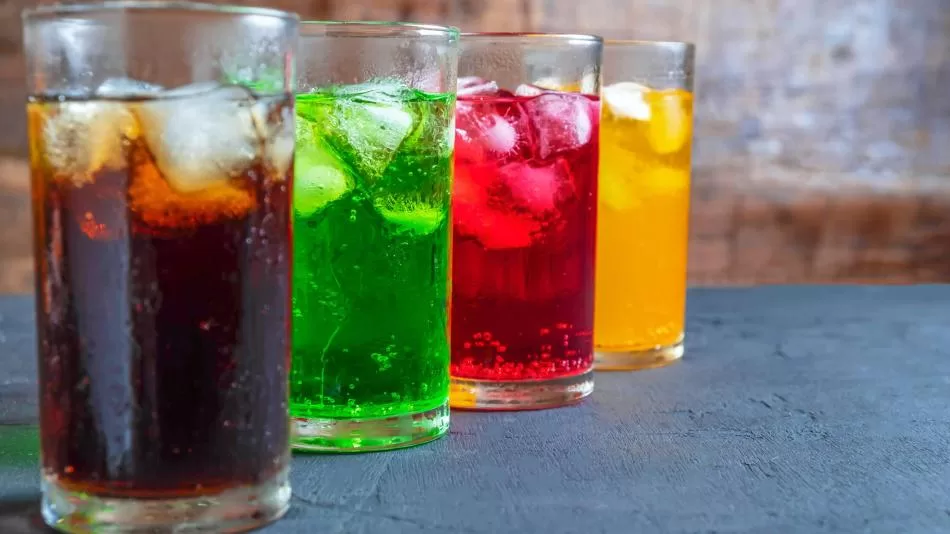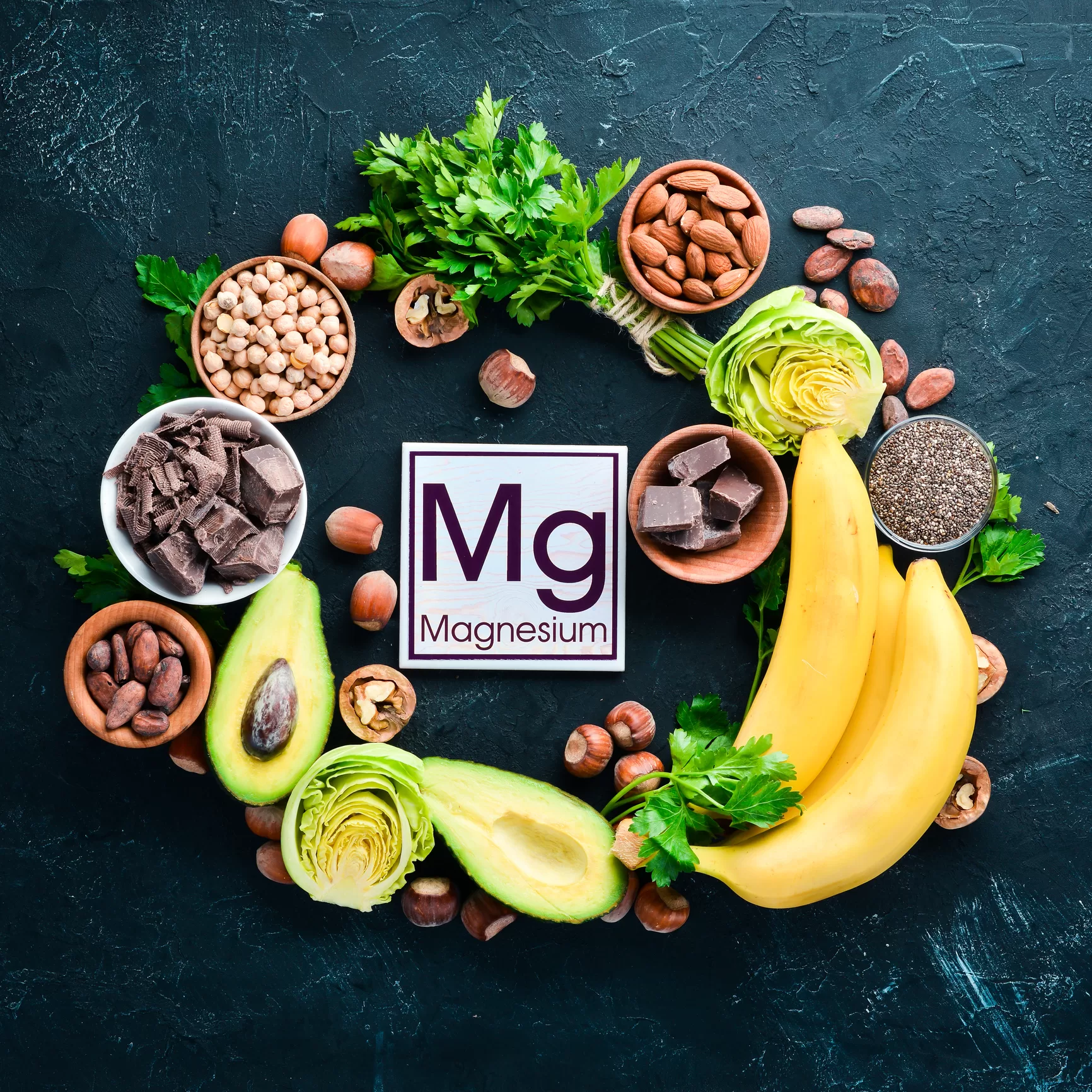The World Health Organization (WHO) has determined that artificial sweeteners are not essential nutritional elements and do not represent any nutritional value. And what is more relevant: some of these products such as aspartame (sweetener) have been listed by control agencies as “possible” carcinogens.
(Keep reading: Aspartame sweetener: what it is, where it is found, why it is possibly carcinogenic)
Hence, the importance of knowing the difference between those sugars
essential for our daily life and those that can increase the risk of suffering diseases such as hypertriglyceridemia, obesity, insulin resistance, caries, among others.
(You may be interested: Attention: WHO studies whether the sweetener aspartame could be a potential carcinogen)
Dr. Inés Sofía Morales Salcedo, director of the Nutrition and Diet Program of the San Martín University Foundation, highlights the role of the different types of existing sugars and their impact on health, which will largely depend on their consumption, composition or chemical structure of each of them.
Aspartame is an artificial sweetener widely used in diet drinks, chewing gum, jelly, ice cream, etc.
On the other hand, there are non-caloric natural sweeteners – a category to which Lou Han Guo and stevia belong – which are consumed to reduce the calorie intake, since they are not considered food additives.
The risks begin to appear with the consumption of artificial sweeteners and added sugars, which can be harmful if they are used without the knowledge of their properties and adverse effects.
Studies carried out by the University of Cleveland show that these types of substitutes can become resistant to insulin, a hormone that allows maintaining adequate levels of glucose in the blood. Likewise, it is stated that substances such as sucralose and saccharin can increase the risk of developing type 2 diabetes.
“If you find aspartame, sucralose, saccharin, acesulfame potassium, advantame, sodium cyclamate, it means that you are buying a product with added sweetener or artificial sugar substitute, hence the importance of reading food labels in order to to recognize what type of sweeteners and/or sugars are being used for its production and thus, make a conscious and preventive purchasing decision”, stated the nutritionist.
Being attentive to the consumption of these products is essential. The International Agency for Research on Cancer (IARC) has classified products such as aspartame as possibly carcinogenic to humans, after establishing that there is “limited evidence” on its carcinogenicity.
(Also read; Who should not consume sweeteners like stevia, according to the WHO?)
Aspartame is an artificial sweetener widely used in diet drinks, chewing gum, gelatin, ice cream, dairy products like yogurt, breakfast cereals, toothpaste, and medicines like cough drops and chewable vitamins, so it can be very easy to consume. daily.
In accordance with the foregoing, entities such as ACOFANUD, the Colombian Foundation for
Corazón and the Colombian Society of Cardiology and Cardiovascular Surgery have come
encouraging the development of research to identify the level of risk and side effects that these products may have on the health of Colombians.
While these studies are in progress, Dr. Morales recalls that the consumption of sweeteners must always be supervised by a Dietitian Nutritionist, a suitable professional with specific skills, who will determine the calculation of the acceptable daily intake, which will depend, among other variables, on weight, age, physiological state and the type of sweetener or substitute for each person.
In case you have more questions or have suggestions on topics you would like to read about, please write to [email protected].
D. Vanessa Ortiz


